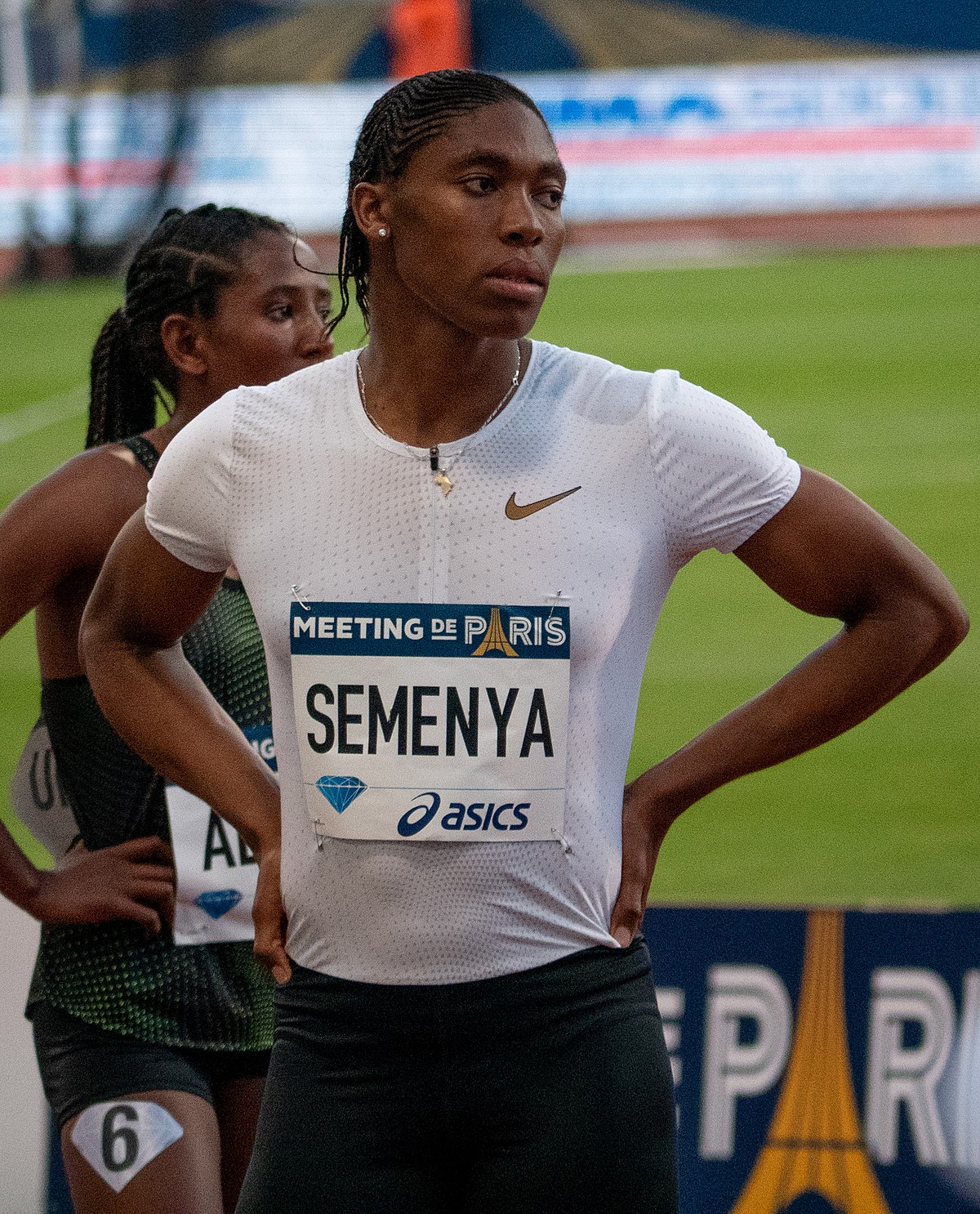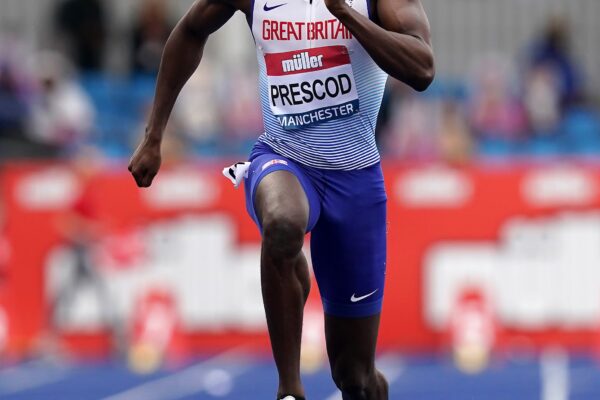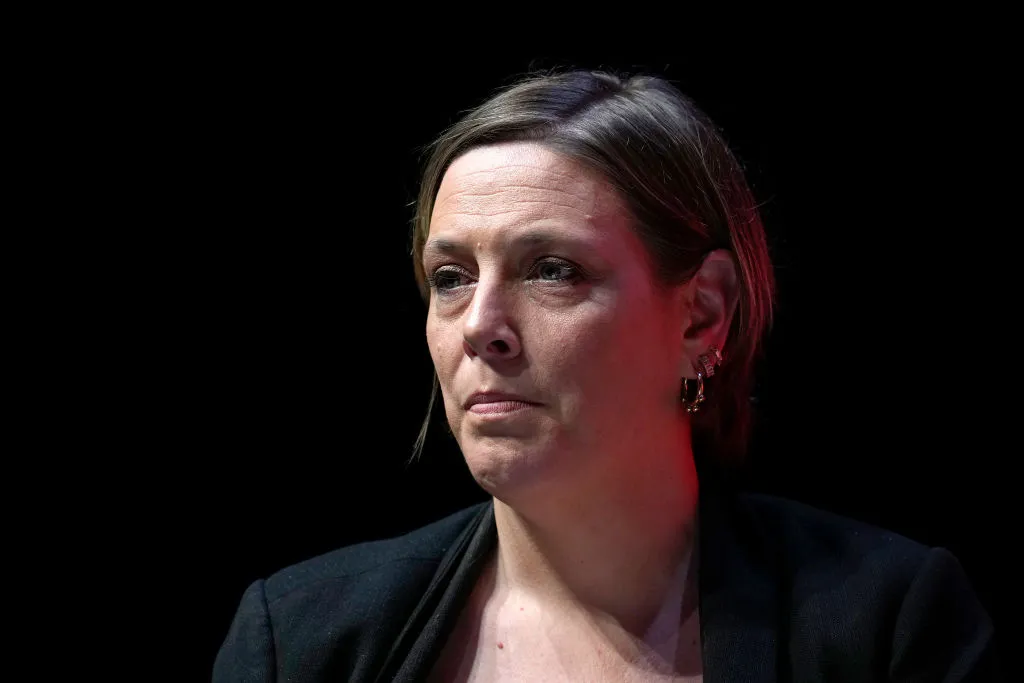
Introduction
Caster Semenya, the South African middle-distance runner and 2012 Olympic gold medalist, has become a prominent figure in ongoing discussions about gender identity and athletics. Her case raises vital questions not only about fairness in sports but also about the rights of athletes influenced by natural biological variations. With the backdrop of her recent legal battles, Semenya’s situation is of significant interest to sports organisations, fans, and advocates of gender equality.
Main Body
After winning the gold medal in the 800 meters at the London Olympics, Semenya’s achievements were overshadowed by controversies surrounding her eligibility to compete as a woman. The International Association of Athletics Federations (IAAF) introduced new regulations aimed at restricting athletes with naturally high testosterone levels from competing in women’s events unless they lower their testosterone levels. This regulation led to Semenya filing a legal challenge against the IAAF’s rules, arguing that they were discriminatory.
In September 2021, the Swiss Federal Tribunal ruled against Semenya in a landmark decision, ruling that the IAAF’s rules were necessary to maintain fair competition. This ruling effectively barred Semenya from competing in her preferred events, bringing international attention to the issue of sex and gender in athletics. Following the setback, Semenya announced that she would not participate in the upcoming World Championships and focused on her appeal to the European Court of Human Rights.
As of October 2023, the legal battle continues as Semenya and her team strive to overturn the previous rulings. Meanwhile, public opinion remains divided, with many supporting Semenya’s right to compete while others argue that the IAAF regulations are essential for ensuring a level playing field.
Conclusion
The case of Caster Semenya has crucial implications for the future of athletics and the policies that govern gender and competition. The outcome of her legal struggles could set a precedent affecting many athletes around the world. As debates continue regarding how to accommodate natural biological variations without impacting fairness in sports, it is essential to consider the broader implications for equality and the rights of all athletes. For Semenya, the battle extends beyond the racetrack, and it remains to be seen how her resilience will shape the landscape of athletics in years to come.
You may also like

Reece Prescod: A Rising Star in British Athletics

Harvey Weinstein: A Timeline of Legal Troubles and Impact
